Tunisia: inflation soars and threatens Saied's government
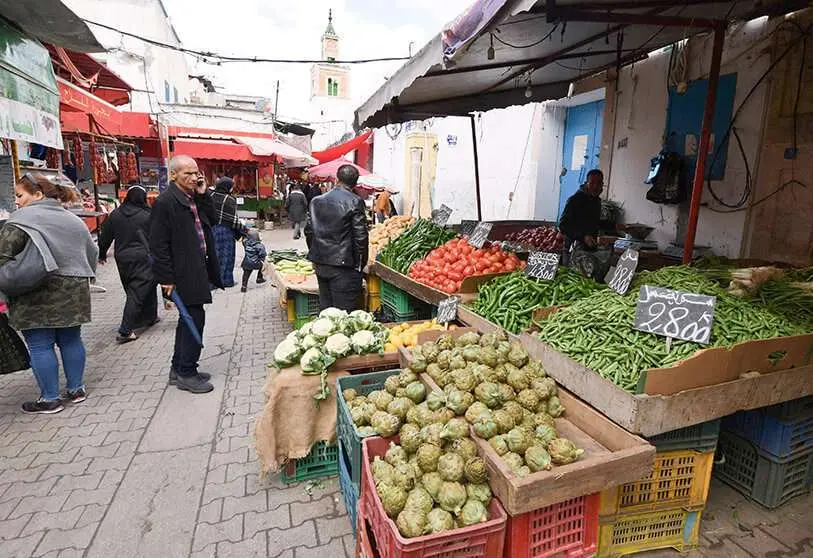
Tunisia ended August with an inflation rate of 8.6%, 0.4% higher than in July. According to the National Institute of Statistics, this increase is mainly due to the rise in the price of food and beverages. The value of poultry meat has risen by 9.4%, while beef by 1.6%; on the other hand, the price of eggs has risen by 2.8% and that of fish by 1.8%. Like many countries in the region, Tunisia has also experienced an increase in the price of cereal products.
Inflation also affected the prices of household furniture, equipment and services - from 10.6% to 11.3% in August - and the value of educational materials and services - from 9.8% to 10%. The only thing that has not been altered by the rise in prices has been clothing and footwear, which decreased by 4.5% compared to the previous month due to the start of the summer sales.
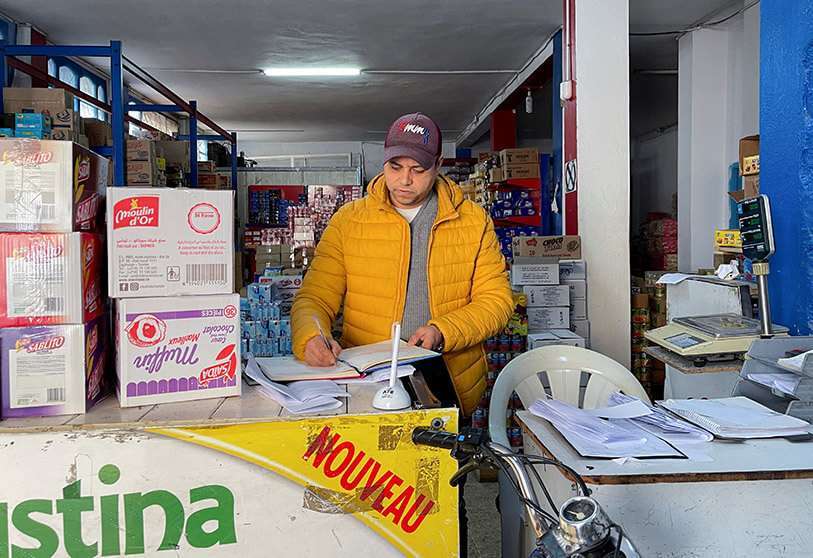
Over the last few months, the North African country has experienced a progressive rise in prices despite the fact that the Central Bank of Tunisia increased its interest rate by 75 points to try to contain this rise. Since May, when inflation reached 7.8%, the rise in prices has continued. June closed with a rate of 8.1%, July with 8.2% and finally August with 8.6%.
Tunisia, like other countries, is suffering a severe economic crisis accentuated by the consequences of the coronavirus pandemic, as well as the high cost of energy and other basic goods as a result of the war in Ukraine.

This economic scenario is provoking strong social unrest in the country, something that analysts had already warned about shortly after the Russian invasion of Ukraine began. The post-pandemic situation, coupled with war-related increases in energy and grain prices, could provoke major waves of protests in the most affected countries. As Atlantic Council analyst Kamal Alam tells CNBC, "inflation and the economy, rather than political freedom, are key". "The first and foremost reason for unrest in the Arab world is always the lack of economic mobility," he adds.
The Tunisian government headed by Kais Saied faces a major challenge. Even those citizens who supported the president in July 2021 after he suspended parliament and began ruling by decree complain about the current economic situation and the government's inability to cope with rising prices.
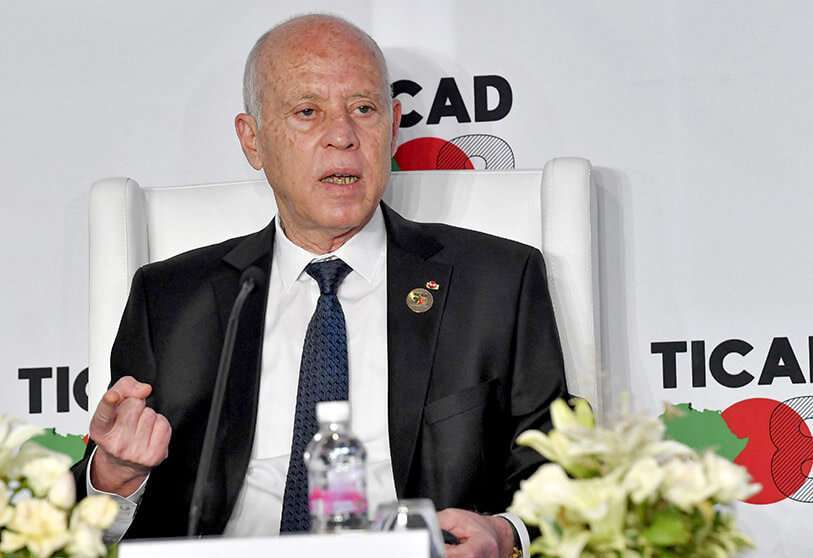
Within the government, Prime Minister Najla Bouden is in charge of economic and financial affairs. In fact, it is Bouden who is leading negotiations with the International Monetary Fund to agree on a $4 billion aid programme.

Despite the government's attempts to evade responsibility, the Tunisian people have pushed the problem to the top of the government's agenda. According to official statistics gathered by The Arab Weekly, rising prices and the deterioration of the population's standard of living have displaced the political situation among Tunisian society's concerns.
Not surprisingly. As Tunisian economist Radhi Meddeb points out to The Arab Weekly, the current inflation rate is the highest since April 1986. Moreover, according to political activist and former minister Rachid Kechrid, the real inflation experienced by citizens could be higher than the official rate. "According to consumer sentiment, the inflation rate is above 20%," he says.
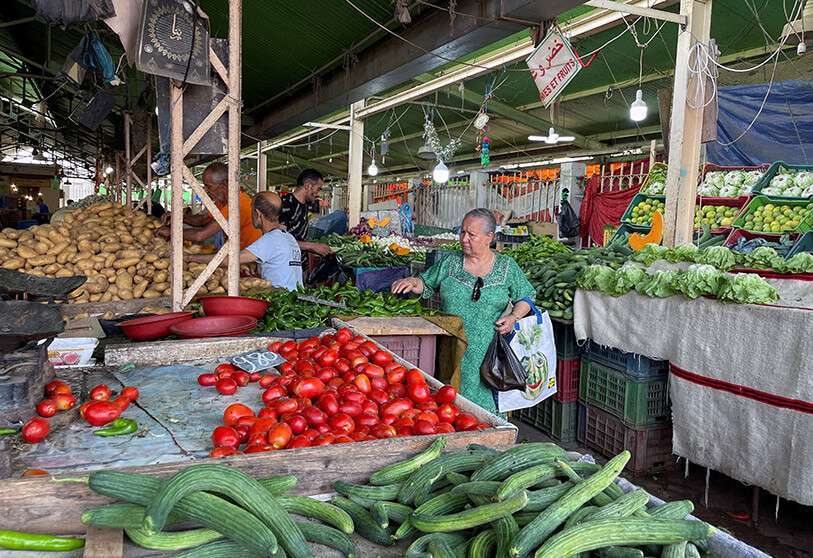
Although many countries are in a similar situation due to war and the consequences of the pandemic, Kenchrid believes that Tunisia's inflation should not be "acceptable". "Europe faces inflationary pressures, but also continues to see growth trends that lessen the impact of inflation on the state," he explains.
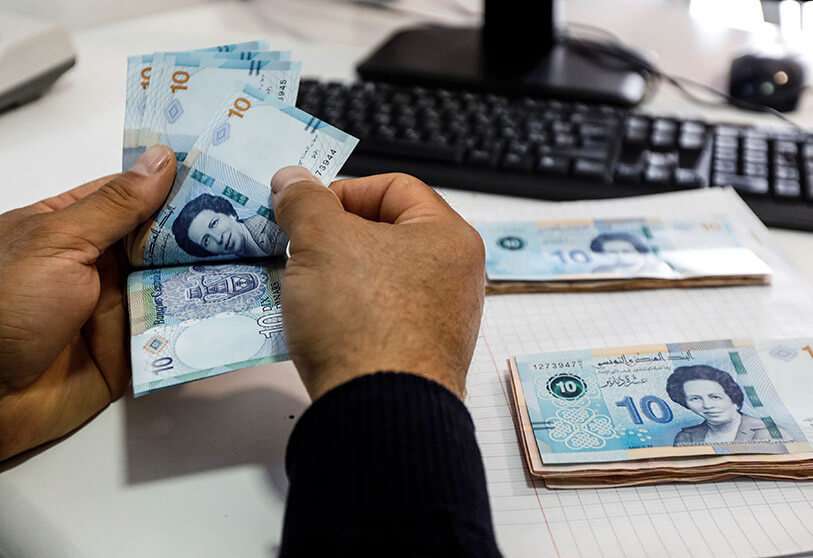
However, inflation does not affect all products in the same way. State-controlled prices - which apply to less than a third of goods - have increased by less than 1%, while other goods have risen by more than 14%, according to official data.
"The current crisis is the result of bad policies and decisions taken since 2011 by successive governments," stresses financial analyst Ezzedine Saidane, quoted by the Arab newspaper. Saidane also questions the role that the Central Bank can play in trying to solve the crisis. The analyst recalls that, despite the independence of the financial institution, "it did not protect the country from excessive indebtedness, inflation, the economic slowdown, the bankruptcy of thousands of companies, the loss of jobs or the depreciation of the national currency".
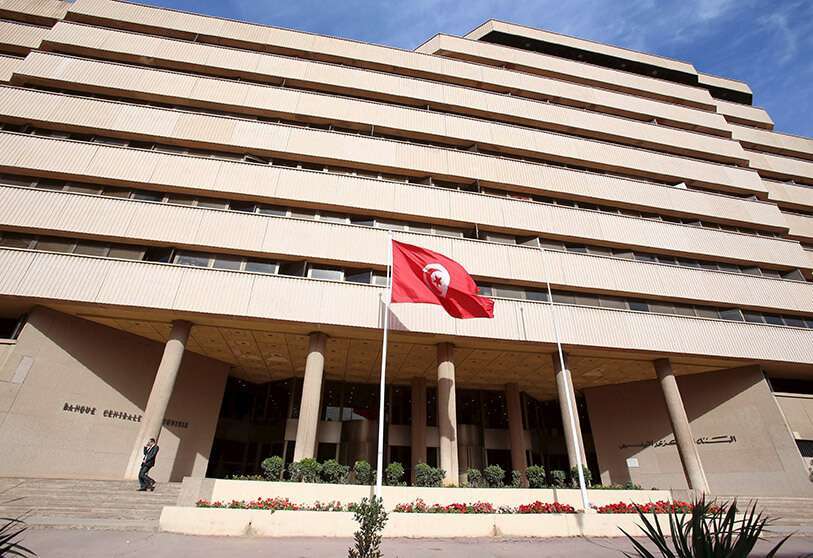
The same goes for the possible IMF loan. The million-dollar fund might not be enough to overcome the current crisis, as the agreement between Tunisia and the financial organisation requires austerity measures that could even lead to a rise in state-controlled prices.
Another issue hindering economic recovery is Saied's business outlook. According to The Arab Weekly, critics of the president stress that for Saied business is not an engine of growth, but a source of corruption and social inequality. As a result, economic growth over the last decade is estimated at only 1.8%.
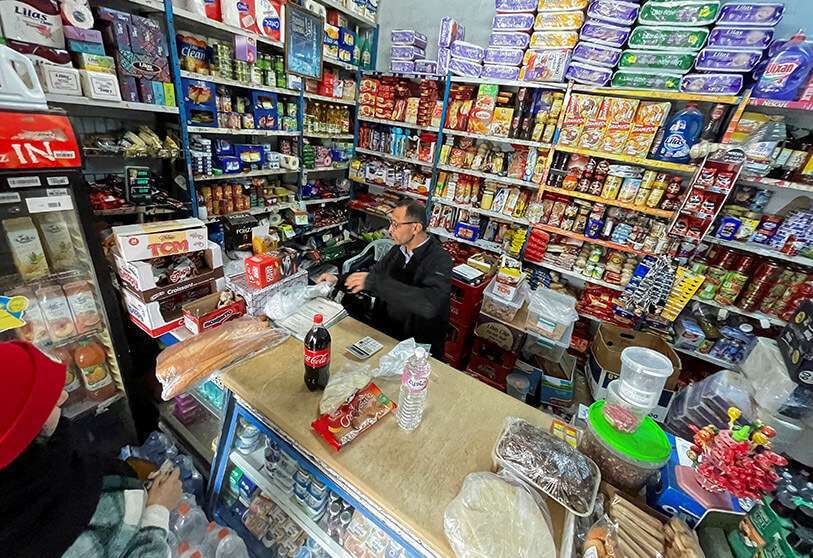
According to Hamza Meddeb, an analyst at the Carnegie Middle East Center, the current situation of inflation is due to "the weakness of production in Tunisia". As he points out, the country will not be able to alleviate inflationary pressures "without a pick-up in market supply, a return to production in the agricultural, industrial and service sectors".
Medded also warns that in a country as deeply polarised as Tunisia, inflation can be key to the country's stability. "Tunisia is at a historic turning point," he adds.









